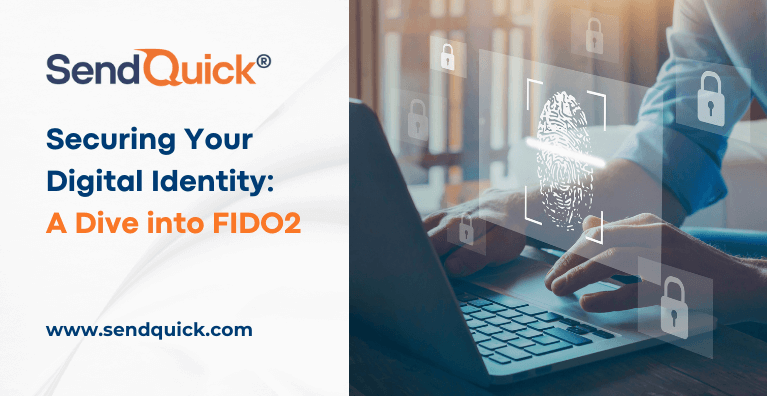Ensuring the integrity and confidentiality of online identities is of paramount importance. In response to escalating cyber threats and the limitations of conventional password-based authentication, the emergence of FIDO2 stands as a pivotal advancement in online security. This article delves into the intricate workings of FIDO2, elucidating its foundational principles, benefits, and the profound implications it holds for fortifying digital identities.
Understanding FIDO2
FIDO2, short for Fast Identity Online 2, is an authentication standard developed by the FIDO Alliance, a consortium of leading technology companies. It aims to address the shortcomings of traditional password-based authentication by introducing stronger, more secure methods.
How FIDO2 Works
At its core, FIDO2 utilizes public-key cryptography to authenticate users. Instead of relying solely on passwords, FIDO2 introduces the concept of passwordless authentication, where users can use biometrics, such as fingerprints or facial recognition, or physical security keys for authentication.
Components of FIDO2
FIDO2 comprises two main components:
WebAuthn (Web Authentication): This component enables web applications to interact with FIDO2 devices for user authentication. It allows users to register and authenticate with websites using FIDO2-compliant devices or biometric sensors.
CTAP (Client to Authenticator Protocol): CTAP serves as the communication protocol between the client device (such as a computer or smartphone) and the authenticator (security key or biometric sensor). It ensures secure communication between the two entities during the authentication process.
Benefits of FIDO2
Enhanced Security: FIDO2 eliminates the vulnerabilities associated with traditional passwords, such as phishing, brute-force attacks, and credential theft. By leveraging cryptographic authentication, it provides a higher level of security.
Convenience: With FIDO2, users no longer need to remember complex passwords. They can use biometrics or physical security keys for seamless and hassle-free authentication.
Interoperability: FIDO2 is supported by major web browsers, platforms, and devices, making it a widely adopted and interoperable standard.
Privacy: FIDO2 ensures user privacy by enabling authentication without sharing sensitive information, such as passwords, with service providers.
Implementing FIDO2
To implement FIDO2 authentication, organizations need to:
Support WebAuthn: Ensure that their web applications support the WebAuthn API for FIDO2 authentication.
Deploy FIDO2-compliant Devices: Provide users with FIDO2-compliant devices, such as security keys or devices with built-in biometric sensors.
Educate Users: Educate users about the benefits of FIDO2 authentication and guide them through the registration process.
Conclusion
FIDO2 represents a significant advancement in online security, offering a robust alternative to traditional password-based authentication methods. By leveraging public-key cryptography and innovative authentication mechanisms, FIDO2 provides enhanced security, convenience, and privacy for users and organizations alike. As the adoption of FIDO2 continues to grow, it promises to revolutionize the way we secure our digital identities.
To find out more about FIDO2 and how SendQuick supports FIDO2 with passwordless authentication options, please contact us via: https://www.sendquick.com/contact-us/






